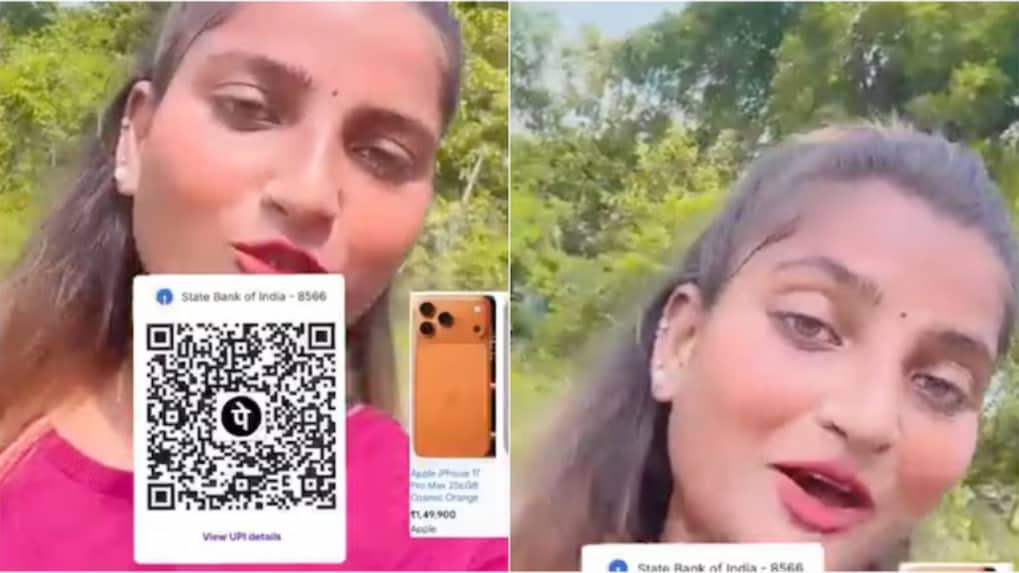Advertising
Layoffs in Adland: Omnicom's acquisition of IPG nears finish line. But at what human cost?

An Instagram influencer from Uttar Pradesh has stirred debate after appealing to followers for donations to buy the newly launched Apple iPhone 17 Pro Max.
The influencer, Mahi Singh, who describes herself as a “Beauty Queen” from Lakhimpur, posted a video asking users to scan a QR code and contribute as little as Re 1 or Rs 2 towards her goal. The iPhone 17 Pro Max currently retails for around Rs 1.49 lakh in India.
लखीमपुर की ब्यूटी क्वीन माही सिंह एक एक,दो दो रुपये मांग रही है 17 प्रो मैक्स फोन लेने के लिए..... pic.twitter.com/YvpoJymsH9
— Sajid Ali (@Sajid7642) September 25, 2025
Singh explained that her father had recently bought her an iPhone 16 but declined her request to upgrade again. With her birthday approaching on 21 October, she turned to her social media community, saying the new colour variant of the phone had caught her eye. She assured viewers that “even the smallest contribution” would help her reach her target.
The video quickly went viral, drawing a wave of mixed reactions. Some users criticised the appeal as entitled, while others noted that donations and “super chats” for content creators are already commonplace, making her request not entirely unusual. Critics, however, mocked the idea as a slippery slope that could see influencers crowdfunding for luxury cars or even houses.
The episode underscores a wider trend in the influencer economy, where creators are increasingly using crowdfunding to finance both personal and professional ambitions. Whether Singh meets her goal remains uncertain, but the campaign has already achieved what many influencers seek most—viral attention.
According to LinkedIn’s research with over 1,700 B2B tech buyers, video storytelling has emerged as the most trusted, engaging, and effective format for B2B marketers. But what’s driving this shift towards video in B2B? (Image Source: Unsplash)
Read MoreIndia’s parliamentary panel warns fake news threatens democracy, markets and media credibility, urging stronger regulation, fact-checking, AI oversight and global cooperation.